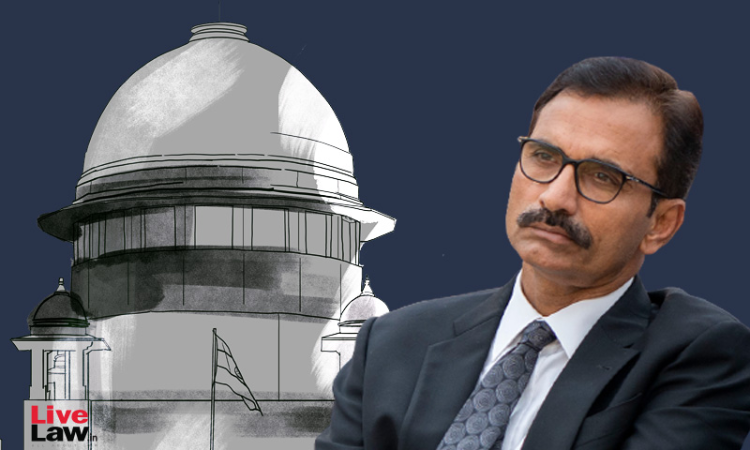"A Lawyer Should Become a Problem Solver, A Conflict Manager. Litigation is Only A Subset of Lawyering Skills: Justice L Nageswara Rao
Hannah M Varghese
8 May 2022 9:04 PM IST

He added that lawyers would have to find diverse methods of lawyering for their survival.
Next Story


